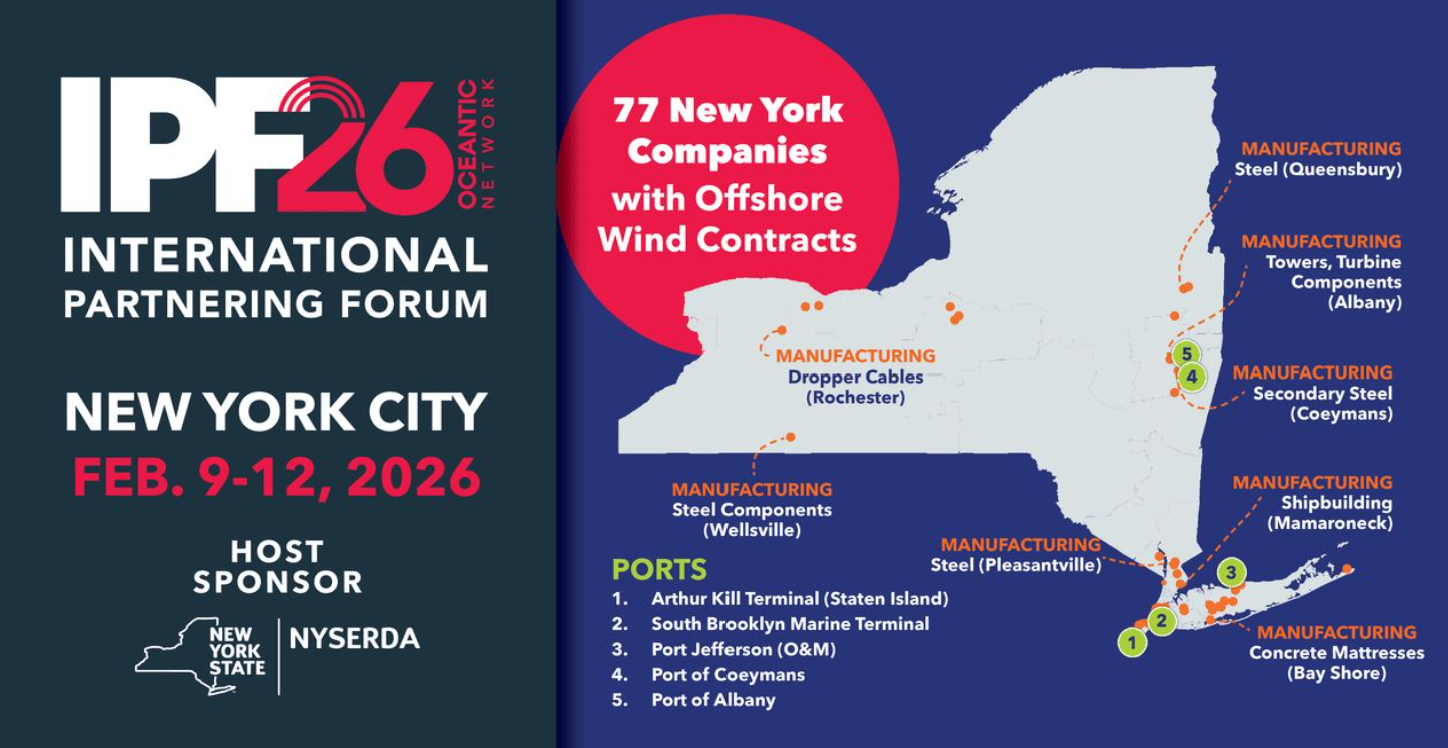In an era where sustainability and social equity are at the forefront of global priorities, local content policies are reshaping the fashion and beauty industries. These initiatives, designed to prioritize local businesses, job creation, and community investment, are creating substantial opportunities for small businesses and nonprofits while redefining the industry’s role in fostering economic and social progress.
From luxury fashion houses to innovative beauty brands, companies are increasingly recognizing that their growth must benefit not only their shareholders but also the communities in which they operate. By embedding local content requirements into their supply chains, these industries are addressing long-standing inequalities while bolstering their competitive edge in a marketplace that values transparency and accountability.
This shift is also a response to evolving regulatory landscapes, including tariffs and trade policies that challenge traditional sourcing models. By leveraging local content policies, brands can mitigate supply chain risks, unlock government funding, and access tax incentives, positioning themselves as leaders in both economic and ethical innovation.
Below, we delve into three impactful examples from the fashion and beauty sectors, illustrating how these policies are driving change—one stitch, one product, and one community at a time.
I.New York’s Ethical Fashion Revolution

In New York, the ethical fashion movement is thriving, driven by mandates that encourage both creativity and community investment. Under new local content policies, brands must source at least 30% of their raw materials locally and fill 60% of their production roles with workers from within the state. These requirements have sparked partnerships between renowned fashion houses and local textile manufacturers, creating a network of innovation and opportunity. For small suppliers, these collaborations have been transformative—many report revenue increases of up to 40%. In total, the local content policies have generated $30 million in revenue for small businesses across the state. Beyond profits, the policies have created 1,200 new jobs, offering stability to immigrant workers and underserved communities. The impact is reverberating throughout the state, as the financial and social dividends continue to fuel New York’s growing fashion ecosystem.
II.California’s Clean Beauty Renaissance

California’s beauty industry is undergoing a transformation, with clean beauty mandates leading the way toward sustainability and local empowerment. The state now requires 40% of natural ingredients used in beauty products to be sourced locally, a move that has revitalized organic farming and local supply chains. Brands eager to meet these standards are partnering with local farms and processing facilities, which has helped these businesses generate an additional $25 million in sales. The mandates have also spurred job creation, with over 800 new roles in farming, processing, and sustainable packaging. This has brought an estimated $15 million in wage growth for workers, particularly in underserved rural areas. Additionally, by focusing on local sourcing, the industry has reduced carbon emissions, aligning with California’s broader environmental goals and contributing to a cleaner, more sustainable future.
III.Detroit’s Manufacturing Revival

In Detroit, a new chapter of industrial resurgence is being written, thanks to federal mandates emphasizing domestic content in fashion accessory production. Companies are now required to ensure that 70% of components are manufactured within the U.S., a policy that has fueled Detroit’s comeback as a manufacturing powerhouse. Partnerships with brands like Shinola have brought $15 million in contracts to local manufacturers, providing much-needed stability for small businesses. The initiative has also created over 600 jobs, many of which offer second chances for formerly incarcerated individuals looking to rebuild their lives. Community-focused investments have followed, including $5 million allocated for training programs and facility upgrades. These investments have solidified Detroit’s status as a hub for fashion manufacturing, combining economic revitalization with social impact.
Each of these stories showcases the transformative power of local content policies. By blending industry growth with community benefit, these policies are generating millions in revenue and creating thousands of jobs, all while supporting a more equitable, sustainable future for the fashion and beauty sectors.










